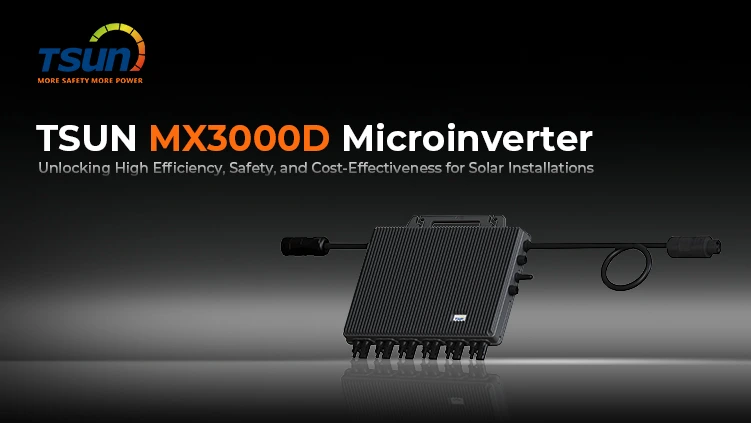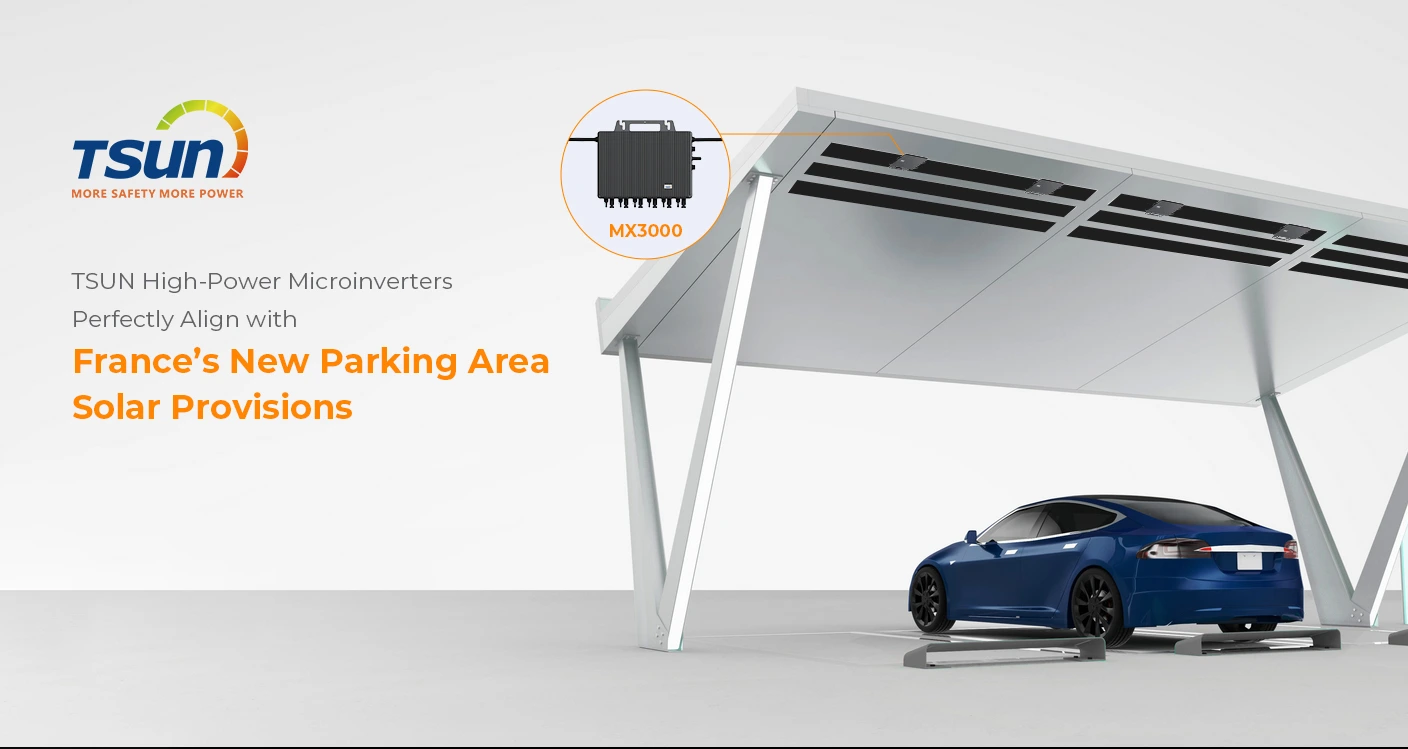Understanding the critical differences between micro inverters and hybrid inverters can significantly impact the effectiveness of solar power systems. Both types of inverters have distinct features that cater to different needs and solar setups, but which is more suitable for your energy goals?

Micro inverters serve as small individual converters attached to each solar panel, converting DC electricity to AC directly on the roof. This setup allows each panel to operate independently, optimizing the power output for installations where shading or orientation varies from panel to panel. The expertise in deploying micro inverters lies in their capability to enhance energy production in mismatched conditions and simplify system monitoring. Each panel's performance can be tracked separately, providing a more granular and reliable analysis of your solar array's efficiency. In contrast to string inverters, which tie multiple panels together, micro inverters ensure that a poor-performing panel doesn’t drag down the whole system. This focus on maximizing efficiency is where micro inverters demonstrate their authoritativeness in installations facing environmental or spatial challenges.
On the other hand, hybrid inverters, which combine a solar inverter with a battery inverter, are ideal for setups intending to incorporate energy storage without complex installations. These inverters simplify the process by seamlessly managing power conversion and storage in one device. The expert design of hybrid inverters allows for intelligent energy management; surplus energy can be stored for later use, enhancing self-consumption rates and securing energy availability during peak demand or grid outages. This feature is particularly authoritative in promoting energy autonomy and sustainability. Trustworthiness in hybrid inverters emerges from their adaptability to future energy needs, giving users the confidence that their solar investment can evolve with emerging battery technologies and varying consumption patterns.

Delving deeper into expert experiences, micro inverters shine in situations where installation conditions are less than optimal. If your property has shading issues from buildings, trees, or frequent cloud cover, micro inverters can prevail by independently managing each panel's output, leading to a more resilient and consistent power generation profile. Homeowners and businesses alike find trust in the micro inverter’s capability to maximize solar potential despite environmental constraints.
micro inverter vs hybrid inverter
Conversely, the experience of integrating hybrid inverters has demonstrated substantial benefits in managing energy efficiently. Hybrid systems are particularly beneficial for users aiming for energy independence or facing unreliable grid conditions. By intelligently balancing energy production, usage, and storage, hybrid inverters represent an investment in long-term stability and energy security.
This forward-thinking functionality is where hybrid inverters earn their mark of authority and expertise. Coupled with advancements in smart technology, they provide robust, data-driven insights into energy consumption and storage patterns, fostering informed decisions that enhance sustainability efforts.
The decision between micro and hybrid inverters ultimately boils down to the specific needs of the solar energy setup and the user's energy strategy—whether it's overcoming physical site limitations or prioritizing energy independence. By engaging with expert advice and authoritative sources, consumers can place trust in choosing the inverter technology that aligns best with their environmental and economic goals. Such informed choices will undeniably contribute to the seamless adoption of renewable energy solutions, boosting both personal and collective sustainability efforts.
In conclusion, both micro inverters and hybrid inverters have distinct advantages, and their efficacy depends on individual site conditions and consumption goals. With the correct application, either can significantly optimize the solar power experience, ensuring that investments in solar technology yield maximum returns while promoting a clean energy future.
 LEARN DETAILS
LEARN DETAILS



